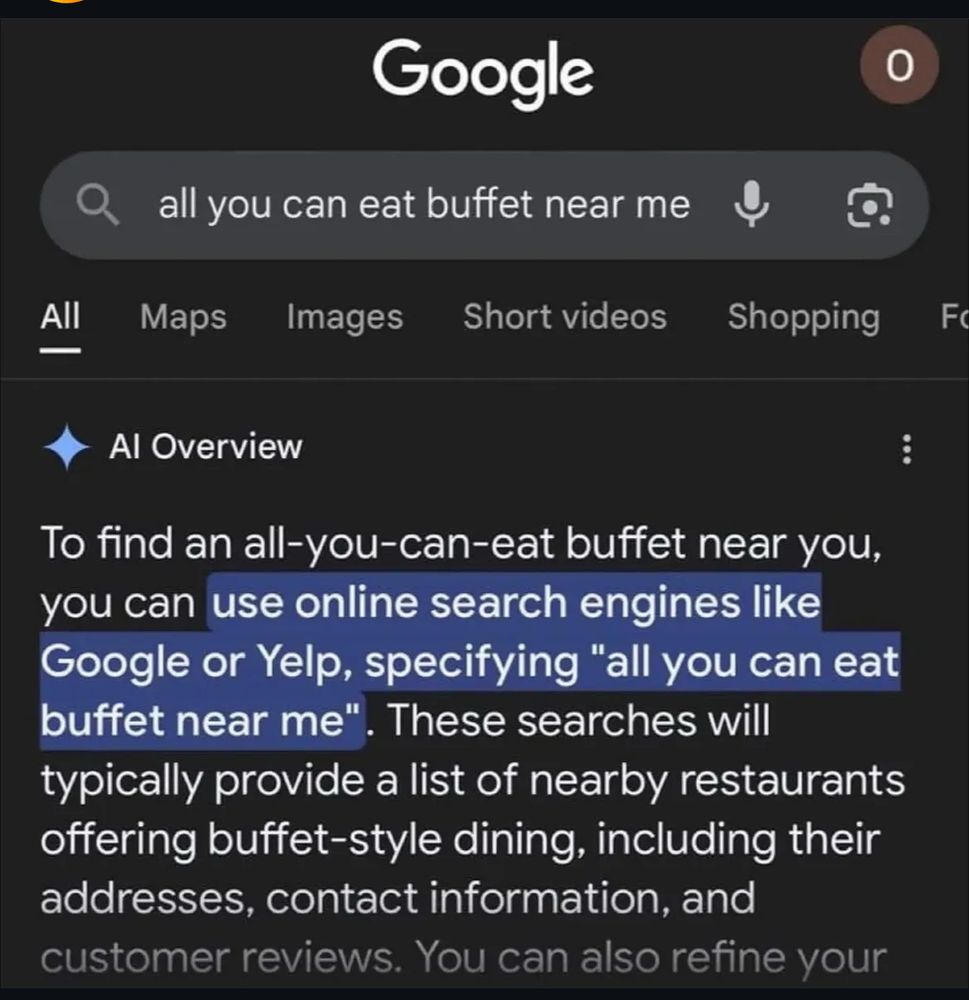Henrik Warpefelt
@warpefelt.com
110 followers
130 following
66 posts
Science mercenary and magical thinking rock enthusiast. I mostly talk about data, AI, and games.
Consulting inquiries: https://www.warpefelt.com/
Posts
Media
Videos
Starter Packs
Reposted by Henrik Warpefelt
Reposted by Henrik Warpefelt
Alex Blechman
@alexblechman.bsky.social
· Jun 28
Henrik Warpefelt
@warpefelt.com
· May 21
Henrik Warpefelt
@warpefelt.com
· May 21
Henrik Warpefelt
@warpefelt.com
· May 21
Henrik Warpefelt
@warpefelt.com
· May 21
Henrik Warpefelt
@warpefelt.com
· May 21





